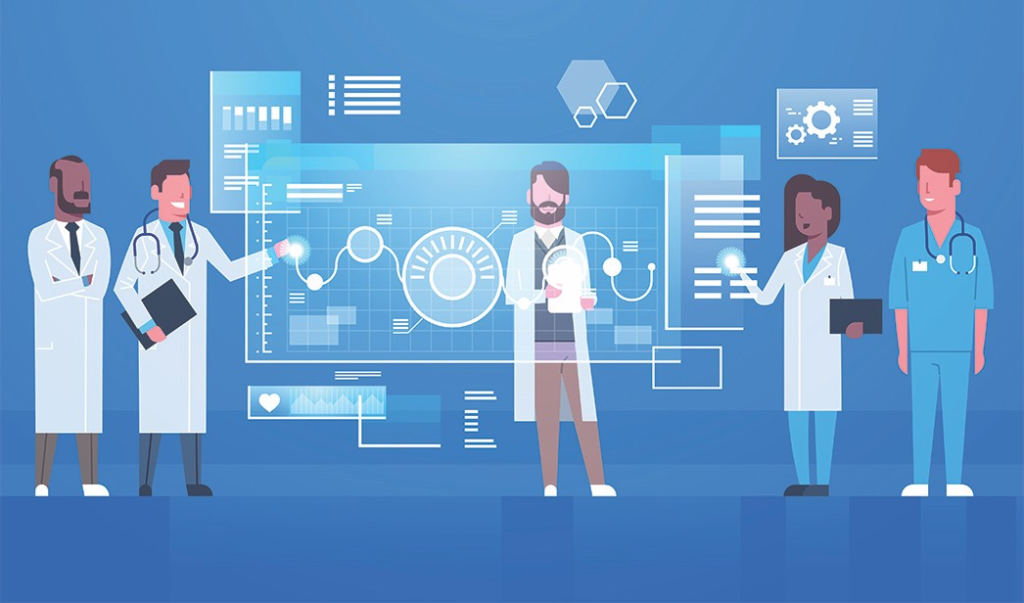The Role of Technology in Healthcare: Innovations and Challenges

Technology’s impact on healthcare is nothing short of transformative. From electronic health records to telemedicine, innovative technologies are changing the way healthcare is delivered, experienced, and managed. These advancements hold the promise of improving patient outcomes, increasing efficiency, and ultimately enhancing the quality of care.
Electronic Health Records (EHRs) are at the forefront of healthcare technology. These digital systems replace paper-based records, providing healthcare professionals with easy access to patient information, medical histories, test results, and treatment plans. EHRs streamline communication between different healthcare providers and enable more coordinated and personalized care.
Telemedicine, propelled by advancements in communication technology, has revolutionized the way patients interact with healthcare professionals. Remote consultations, virtual diagnoses, and remote patient monitoring are all made possible by telemedicine platforms. This is especially valuable for patients in remote areas or those with mobility limitations.
The use of wearable devices and health apps has become increasingly common. These devices track various health metrics, from heart rate and sleep patterns to physical activity and glucose levels. They empower individuals to take a proactive approach to their health and provide healthcare providers with valuable data for personalized care plans.
Artificial intelligence (AI) is making its mark in healthcare by analyzing vast amounts of medical data to identify trends, patterns, and potential diagnoses. AI algorithms can help radiologists detect anomalies in medical images, predict patient outcomes, and even assist in drug discovery.
Robot-assisted surgery is another area where technology is transforming healthcare. Surgical robots equipped with precision instruments enhance surgeons’ capabilities, allowing for minimally invasive procedures with greater precision and reduced recovery times.
Despite the remarkable benefits, the integration of technology into healthcare also presents challenges. Data security and patient privacy are paramount concerns, especially as sensitive medical information becomes digitized. Striking a balance between convenience and data protection is crucial.
Interoperability is another challenge, as different healthcare systems and devices must be able to communicate and share data seamlessly. This is particularly important for delivering coordinated care and avoiding duplication of tests and treatments.
Healthcare professionals need to adapt to the changing landscape and acquire digital literacy skills to effectively use technology in their practice. Training and education play a key role in ensuring that healthcare providers can harness the full potential of these innovations.
In conclusion, the role of technology in healthcare is reshaping the industry in profound ways. From EHRs to telemedicine to AI-driven diagnostics, innovative technologies are enhancing patient care, improving efficiency, and offering new possibilities for personalized medicine. While challenges like data security and interoperability must be addressed, the continued integration of technology holds the promise of a brighter and healthier future for patients and healthcare providers alike.



